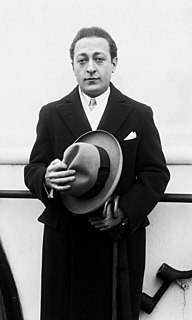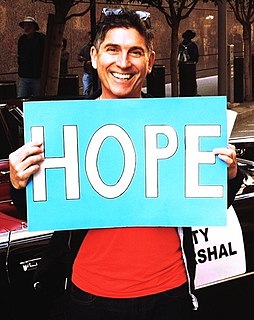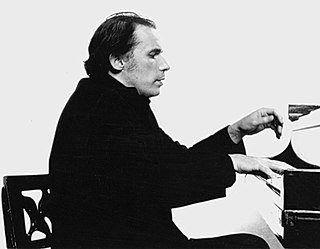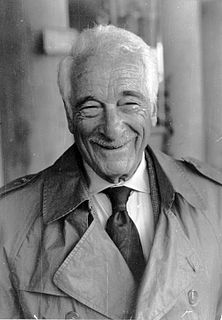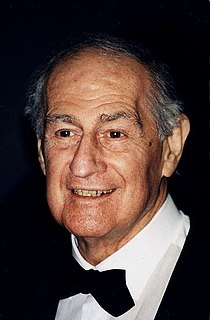A Quote by Jascha Heifetz
I occasionally play works by contemporary composers and for two reasons. First to discourage the composer from writing any more and secondly to remind myself how much I appreciate Beethoven.
Related Quotes
When I finally got together with Rostropovich as a student, he was very focused, almost entirely focused on the music itself, on what the composer had in mind and what he knew about the composer. Many of the works that I played for him had in fact been composed and written for him; he was often the first performer of these works, having known the composers personally.
This is how it works. I love the people in my life, and I do for my friends whatever they need me to do for them, again and again, as many times as is necessary. For example, in your case you always forgot who you are and how much you're loved. So what I do for you as your friend is remind you who you are and tell you how much I love you. And this isn't any kind of burden for me, because I love who you are very much. Every time I remind you, I get to remember with you, which is my pleasure.
After I found out that I was playing music and that I'd have to learn how to read and write music, I started doing that about two years later. Finally, I said, "Oh, that means what I really want to do is to be a composer." But when I was coming up in Texas, there was segregation. There was no schools to go to. I taught myself how to read and how to start writing.
When we look at the arts and letters in America, especially if we look at poetry, and poetry set to music, this dialogue, we have this very powerful beautiful, eclectic, diary, or narration of being in America, being American, participating in America, becoming more of America and also as an American, the American creative spirit, which is quite interesting. Our composers and poets have spent more time writing and thinking and speaking out of what it means to be a composer or poet as well as to be an American, or a composer or poet In America; both relationships.
I think I give far more space and play to avant-garde writing than any other contemporary textbook author. I want students to be able to decide for themselves which aesthetics are closest to their own. Still, while I try not to be a nostalgist myself, I suppose I am drawn to those poignant moments in our lives, rendered clearly and artfully.
I appreciate all the kids who come up and enjoy my play at OU. But everybody giving me their opinions is where I draw the line. If it's someone who hasn't been there before, I really can't handle it. It's 'Slide more.' 'Don't take as many hits.' 'Get out of bounds.' I know they have my best interests at heart. I just have to remind myself of that.
